Did you know that after age 70, about 1 in 5 people suffer from some kind of cognitive problem? In other words, after an advanced age, many will develop some serious degree of dementia. One of the most known diseases related to the brain is Alzheimer’s, which is characterized by the loss of mental functions that occur from the loss of neurons. Although this disease does not have a cure yet, it’s believed that the causes of late development of the disease are a combination of genetic, environmental, and lifestyle factors. One of these factors drew a lot of attention from researchers, who discovered a strong link between homocysteine levels and the onset of the disease. To give you an idea, one in six Alzheimer’s cases had a large amount of homocysteine. In addition to Alzheimer’s, this amino acid has also been linked to the risk of heart disease. Since the production of homocysteine is due to a process that occurs as a result of our diet, nutrition is the best way to maintain balanced levels. To reduce levels of this amino acid, our body needs three vitamins: folate (folic acid), vitamin B12, and vitamin B6. In summary, the balanced intake of folate, vitamin B6, and B12 is of paramount importance and may be the key to reducing the chances of developing brain diseases in the future. Resource(s): https://nutritionfacts.org/2017/08/22/the-3-vitamins-that-prevent-brain-loss/ —————————————- Facebook: https://bit.ly/38BWbw3 Pinterest: https://bit.ly/2Irvwa6 Disclaimer: The materials and the information contained on Natural Cures channel are provided for general and educational purposes only and do not constitute any legal, medical or other professional advice on any subject matter. These statements have not been evaluated by the FDA and are not intended to diagnose, treat or cure any disease. Always seek the advice of your physician or other qualified health provider prior to starting any new diet or treatment and with any questions you may have regarding a medical condition. If you have or suspect that you have a medical problem, promptly contact your health care provider.
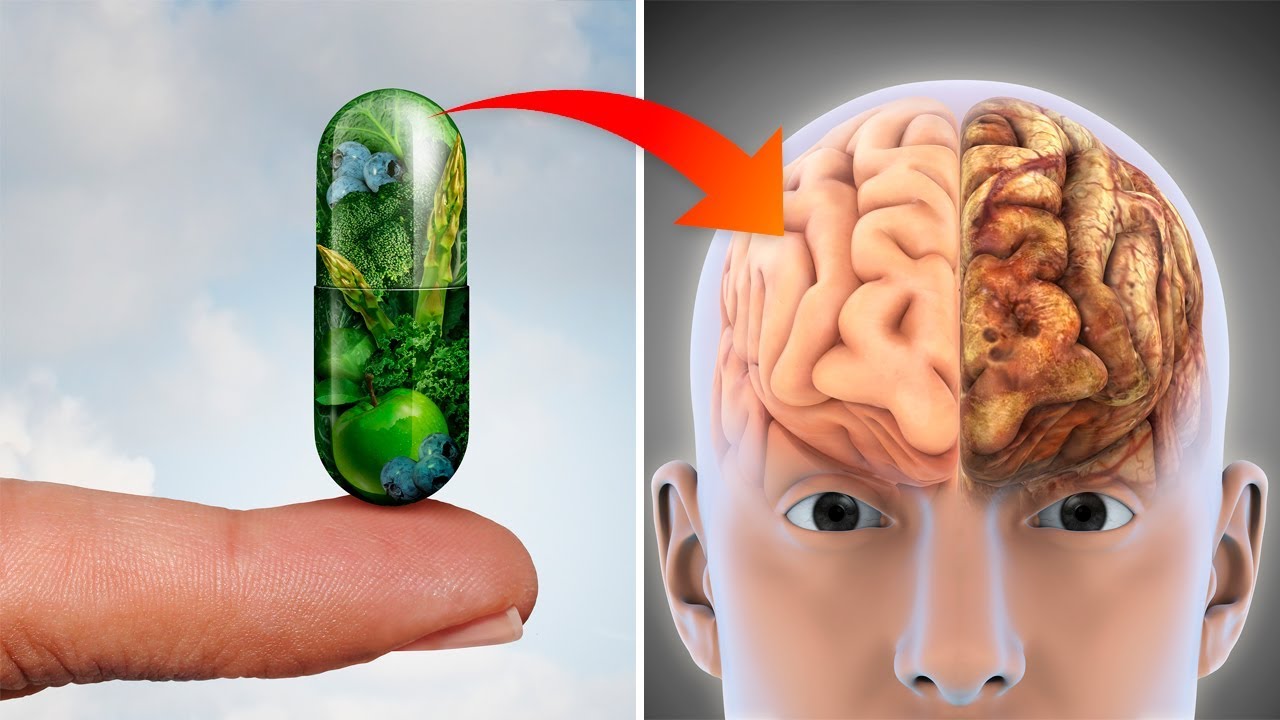
These 3 Vitamins May Stop Brain Loss And Prevent Alzheimer’s Disease
- Post author:
- Post published:May 23, 2021
- Post comments:0 Comments
You Might Also Like
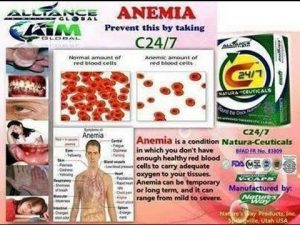
Anemia, Causes & Prevention/Treatment
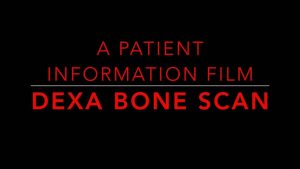
Dexa Bone Scan. A patient information film.
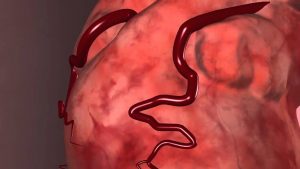
Do You Know The Warning Signs of Heart Disease?

How much protein do we need every day | daily protein requirement | Hindi | Fitness Rockers
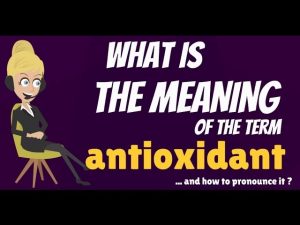
What is ANTIOXIDANT? What does ANTIOXIDANT mean? ANTIOXIDANT meaning, definition & explanation
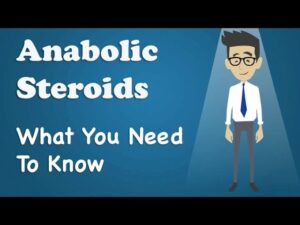
Anabolic Steroids – What You Need To Know

Love Psychology Video – 1

General Practice Video – 2
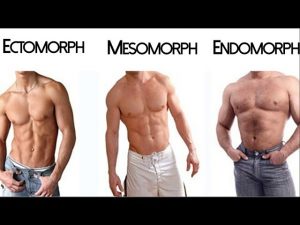
The Somatotype Myth: Ectomorph Mesomorph Endomorph
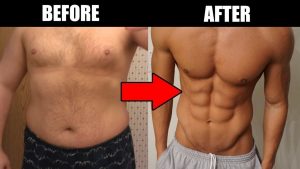
BEST Workout & Diet ADVICE for DATING | How to Build Muscle & Lose Fat FAST

CLOSE GRIP PRESS | Triceps | How-To Exercise Tutorial
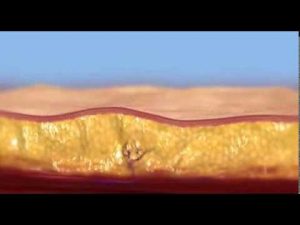
Body Fat Reduction Animation
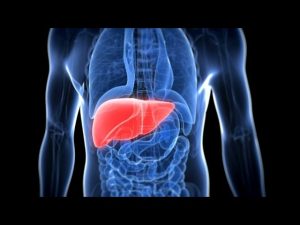
How liver works in our body -in hindi || लीवर के कार्य
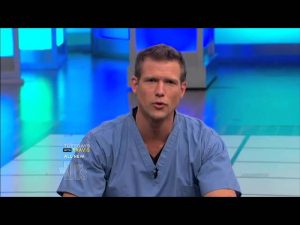
Good or Bad Vitamin Supplements Medical Course
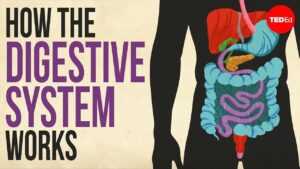
Digestive System And Asnas Video – 1
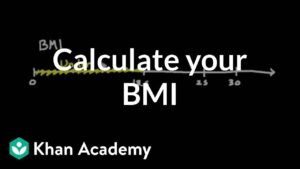
Calculate your own body mass index | Miscellaneous | Heatlh & Medicine | Khan Academy

Special Weight Loss Routine Video – 6
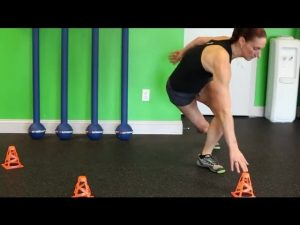
Exercises With Cones : Fitness Training Exercises

Cable V Bar Preacher Curls
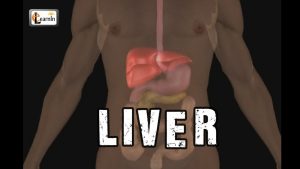
Liver anatomy and function | Human Anatomy and Physiology video 3D animation | elearnin

Yoga Industry And Advantages Video – 4

Shoulder Workout- Lateral Raises
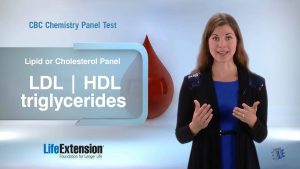
Chemistry CBC Blood Test | Life Extension

Fish oil capsule | omega 3 good or bad ? मचली के तेल के फायदे
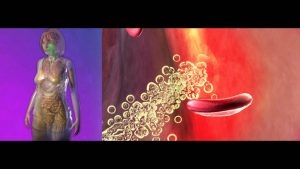
Belly Fat

How To: Deep Barbell Back Squat

What Is The Definition Of Gynecomastia – Medical Dictionary Free Online Terms
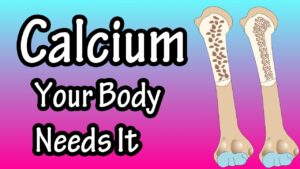
Calcium – How Much Calcium Does The Body Need – Why Does The Body Need Calcium

hydrocele | symptoms of | avoid foods | foods taken | acupressure | Exercise | for hydrocele

Sailing Video – 2
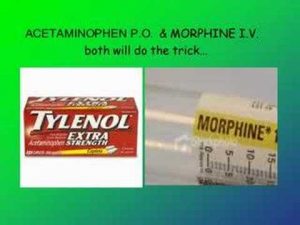
Medication Onset of Action & Peak Effect
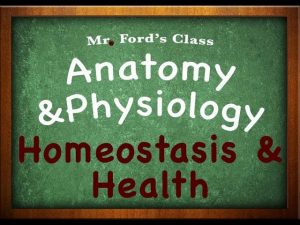
Introduction To Anatomy Physiology: Homeostasis & Health (01:05)
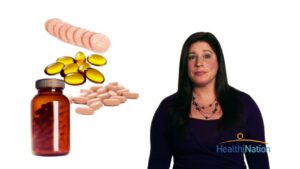
The ABCs of Vitamins | HealthiNation

Triceps Dips-8
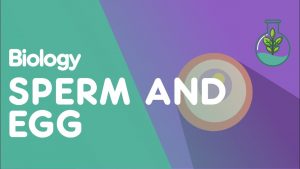
Sperm and Eggs Cells | Cells | Biology | FuseSchool
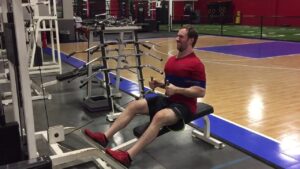
Build Massive Upper Back and Lats with Sling Shot Rows

Free Radicals, Glutathione, Superoxide NADPH Oxidase N Acetylcysteine CGD MPO CCl4
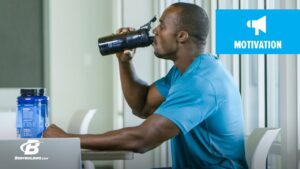
Law 9: Hydrate | 10 Laws Of Muscle-Building

What Makes The Chin-up Such A Great Exercise? The Jason Blaha Take On It!
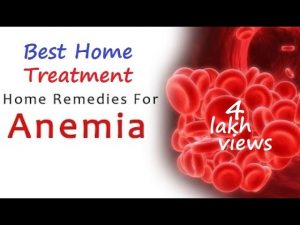
Foods to Increase Hemoglobin Levels Fast II Home Remedies for Anemia II Hemoglobin Increase Foods
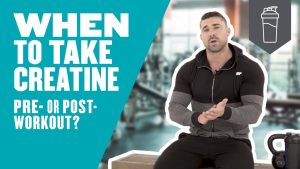
When To Take Creatine — Pre- or Post-Workout? | Myprotein

